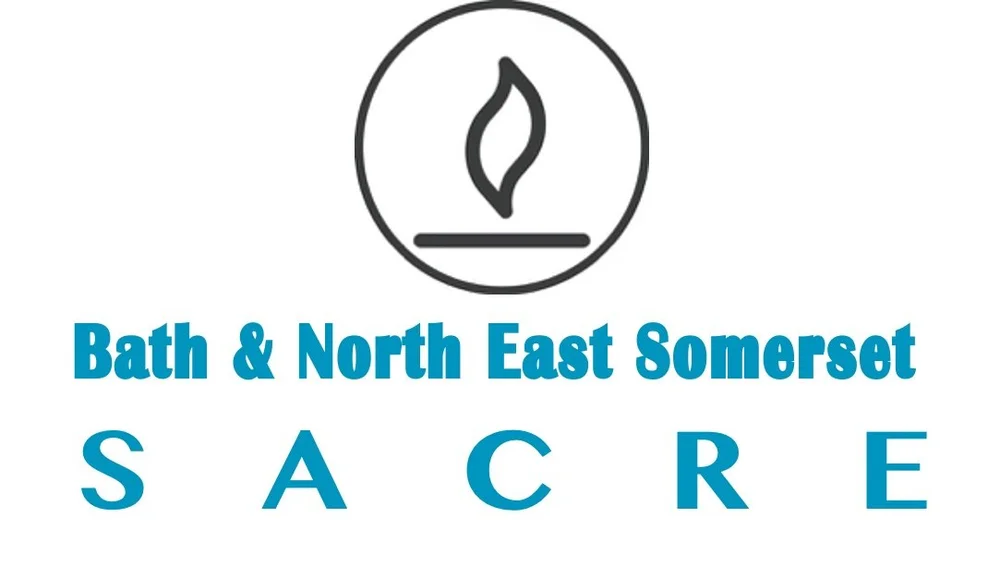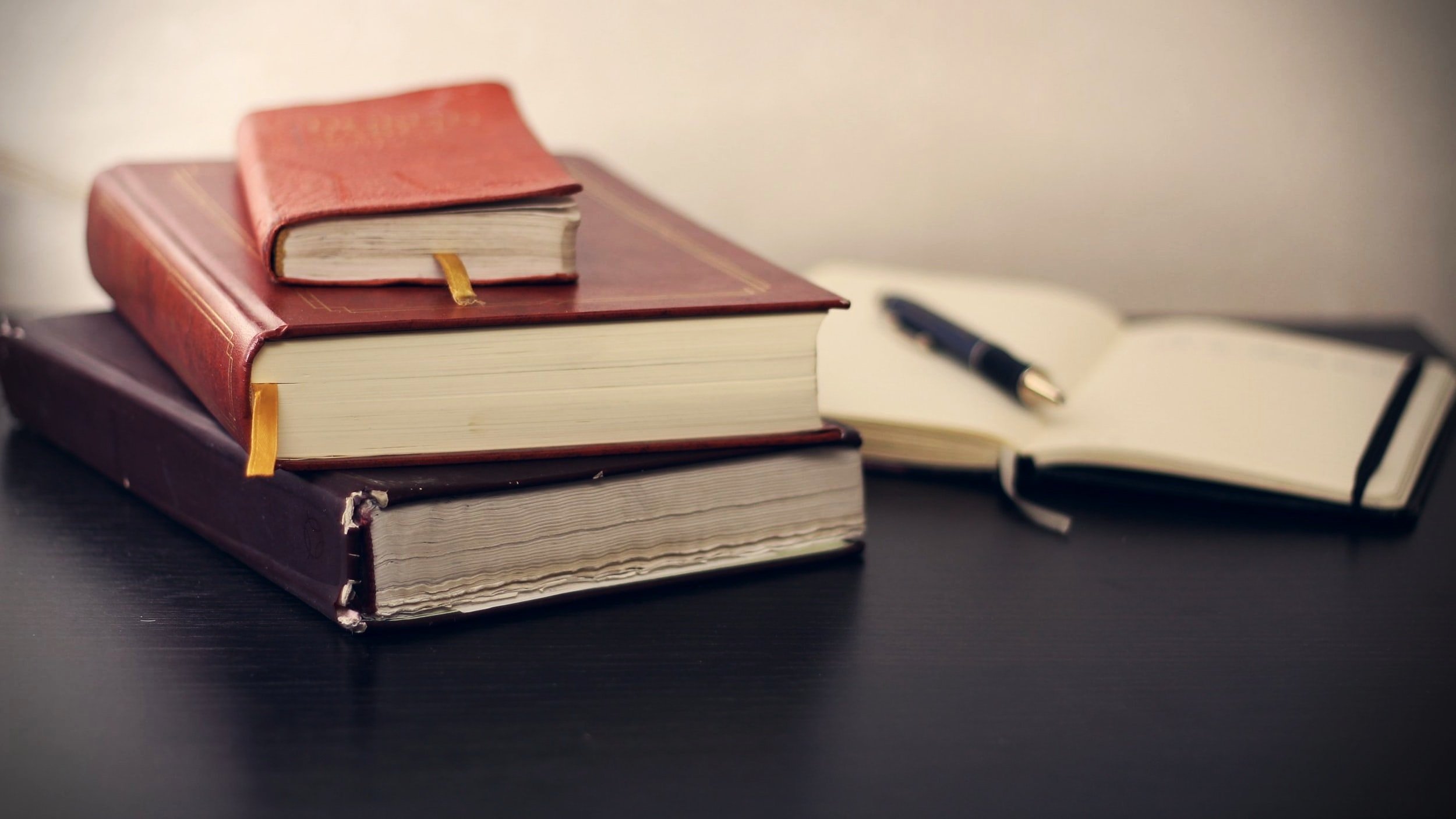The Legal Situation
Some History
RE, originally called Religious Instruction in the 1944 Education Act, though it was a school subject long before then, used also to be known as Religious Knowledge (RK), Scripture or Divinity. It is now universally known as RE in Primary schools and as RE, Religious Studies (RS) and sometimes Religion and Philosophy (R&P) in Secondary schools. GCSE, AS and A2 exams are called Religious Studies.
The Education Act (1996)
Requires:
RE to be taught to all pupils in full time education in LEA and Church Voluntary Controlled Schools. This includes children in Reception classes, post 16 students and pupils with Special Educational needs.
RE to be taught according to the LEA agreed syllabus (Awareness Mystery and Value in B&NES) in all community and voluntary controlled schools.
RE to play its full part along with other subjects and parts of school life and with collective worship in “providing the spiritual, moral, cultural, mental and physical development of pupils”.
The agreed syllabus to reflect the fact that the religious traditions in Great Britain are in the main Christian whilst taking account of the teaching and practises of the other principal religions represented in the UK.
Parents’ Rights
The parents of any child have the legal right to withdraw their child from RE teaching in a school (as they do from several other aspects of the curriculum). This is usually done after consultation with the Headteacher of the school.
Church Schools
Church of England Aided Schools in B&NES are also encouraged by the Diocese of Bath and Wells to use the agreed syllabus, Awareness Mystery and Value, with a few additional requirements because of their special status as aided schools.
Roman Catholic schools in B&NES, all of which are aided, are required by the Diocese of Clifton to follow a Catholic syllabus both at Secondary and Primary level.

